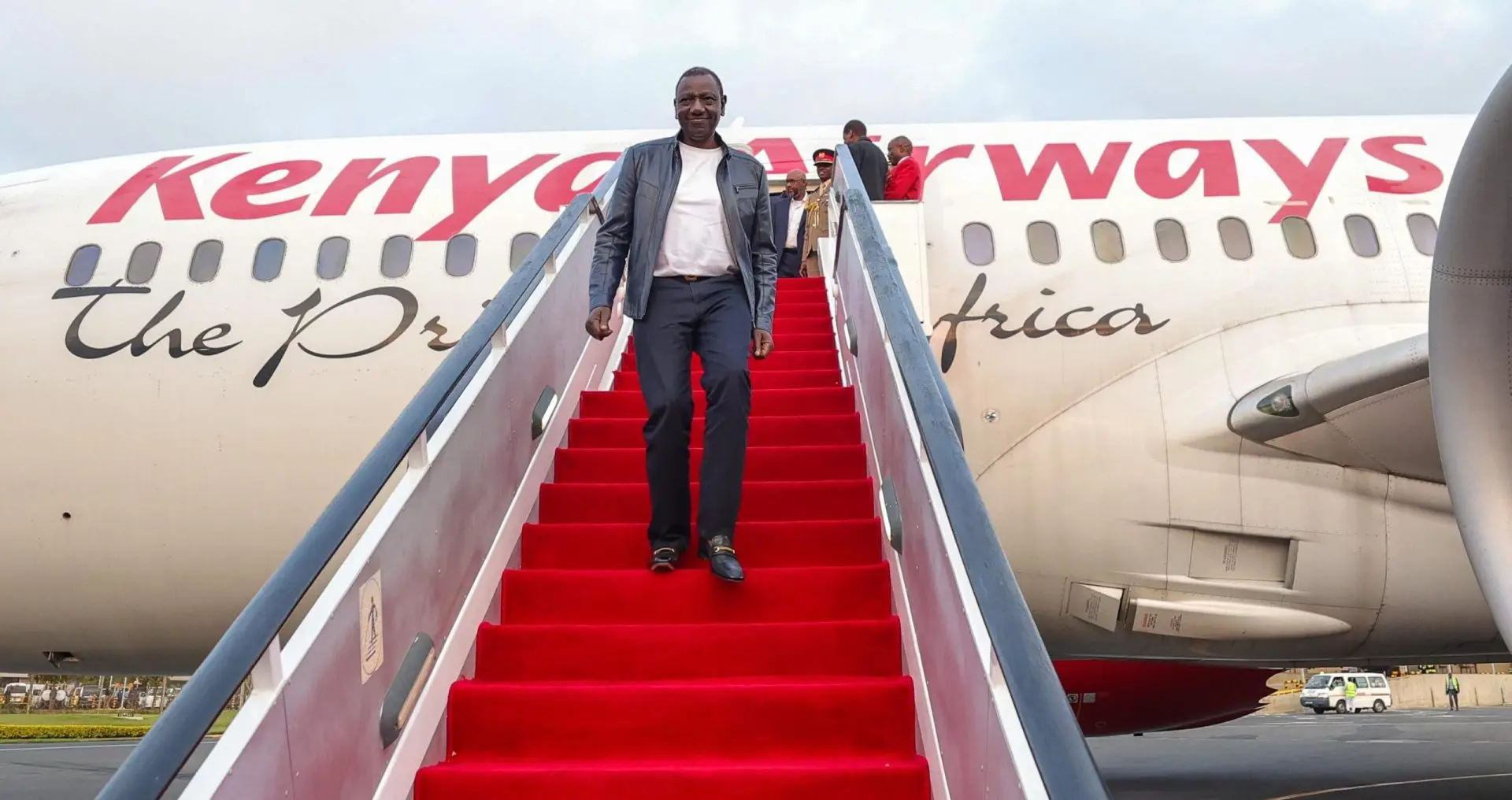Timeout for Fake Mobile Phones in Kenya CCK Directs Service Providers
The Communications Commission of Kenya (CCK) has launched a proactive initiative aimed at eradicating counterfeit mobile phones from the Kenyan market. Recognizing the detrimental impact of these fake devices, the commission has taken a strong stance by directing mobile service providers to identify and deactivate counterfeit phones on their networks. To ensure the successful implementation of this decision, a meeting was held between the regulatory body and mobile service providers to discuss the best strategies while taking into account the significant number of subscribers, estimated to be around three million, who will be affected by this action. By eliminating counterfeit mobile phones, not only will service providers experience increased efficiency, but a thriving market for genuine devices will also be fostered.
Counterfeit mobile phones can be identified by their International Equipment Identification (IMEI) numbers, which are often unrecognized by the service provider's network. Unlike genuine devices, these fake phones pose challenges for service delivery, such as blacklisting stolen devices and configuring EDGE/GPRS internet settings. In Kenya, all four major mobile service providers, namely Safaricom, Orange, Airtel, and Yu, have an automated system that sends GPRS settings to a subscriber's handset based on the phone's IMEI number. If you have encountered any difficulties with such settings, it is advisable to verify the authenticity of your device.
We have all witnessed the prevalence of cheap mobile phones in the Kenyan market, resembling well-known brands like Nokia N95, manufactured by Chinese companies and sold in local retail shops. If you are still skeptical about the existence of these counterfeit phones, it's time to reconsider, as there is a high probability that yours might be one of them. While service providers may anticipate backlash from affected subscribers, it is crucial to acknowledge that this measure ultimately benefits all Kenyans. The CCK has requested that service providers implement a device capable of identifying fake phones on their networks before the September 9, 2011 deadline.
In addition to addressing the presence of counterfeit mobile phones within the country, it is essential to tackle their source of origin. Consumers themselves recognize that cutting off the supply chain is the most effective long-term solution. Over the years, counterfeit mobile phones have inundated the Kenyan market due to their affordability and claims of providing features comparable to high-end genuine devices. Presently, if you visit any local electronics store, you are likely to find over 60 percent of the phones being sold as counterfeit, bearing names such as NOKLA or imitating popular brands like Nokia, iPhone, and Samsung.
By taking a firm stance against counterfeit mobile phones, Kenya aims to protect its consumers, enhance service quality, and promote a legitimate and thriving mobile phone industry. The actions of the CCK and mobile service providers pave the way for a more secure and reliable mobile communication ecosystem in the country.


